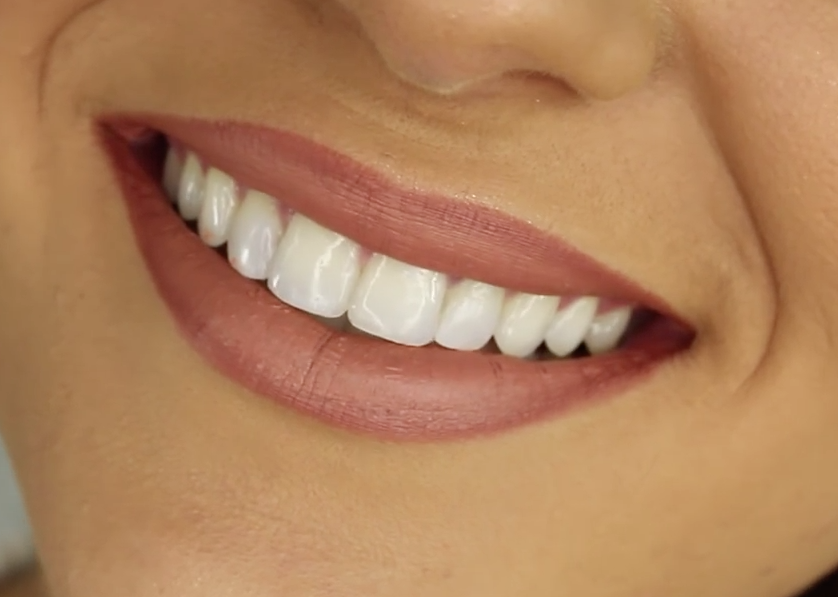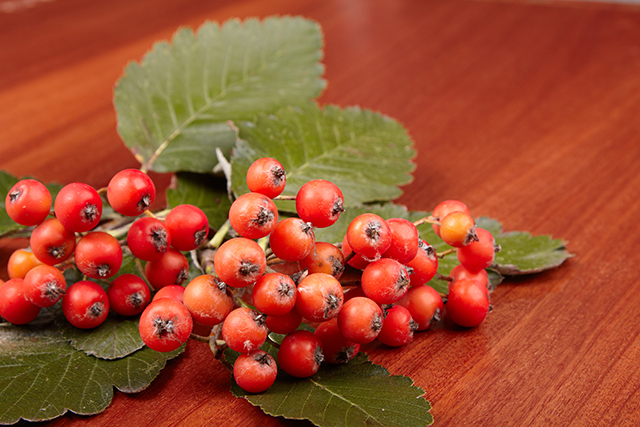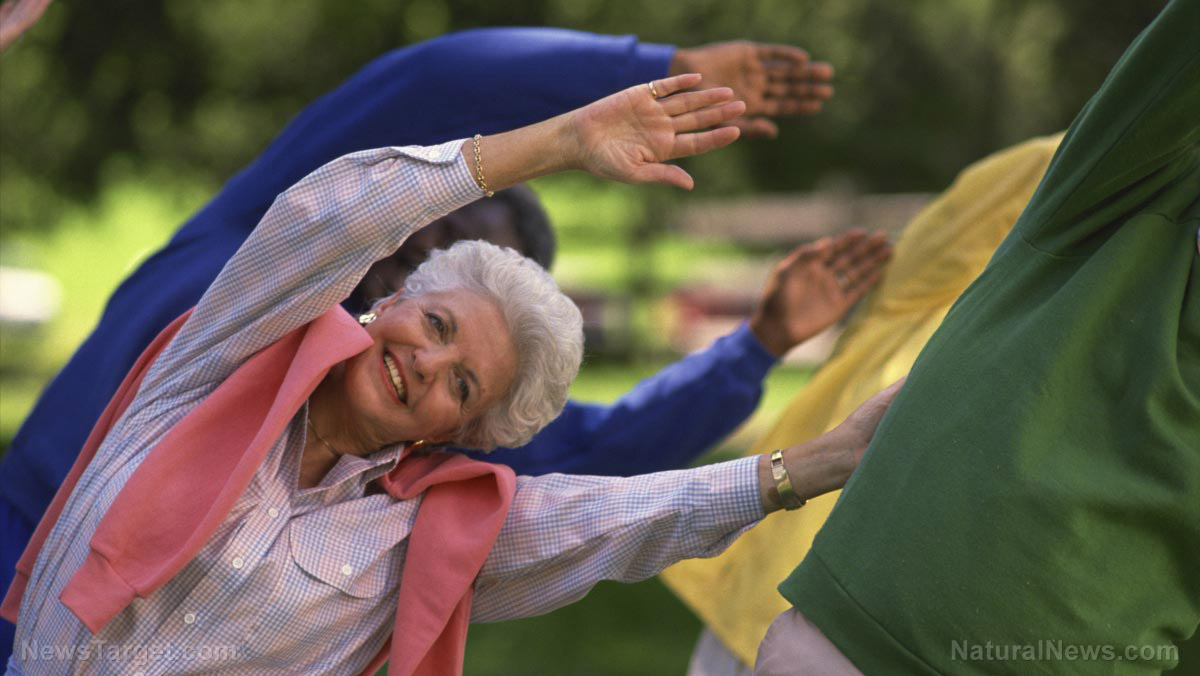Retire from work, not exercise: New study confirms any and all physical activity in elderly helps reduce cardiovascular risk
12/04/2017 / By Michelle Simmons

An 18-year long study is concluding that any physical activity at any level in elderly people is better than being completely inactive in lowering the risk of cardiovascular disease. The researchers wanted to determine whether regular physical activity provides cardiovascular health benefits in elderly people. In the study, the researchers compared the link between different amounts of physical activity and the risk of cardiovascular disease among older people to middle-aged individuals.
To determine whether exercise would be beneficial in lowering cardiovascular risk in middle-aged and elderly people, the researchers studied the data of more than 24,000 adults who were within the age range of 39 to 79 years old when they were recruited from 1993 to 1997. The data gathered came from the European Prospective Investigation into Cancer (EPIC) cohort, which was mainly designed to evaluate dietary and other factors of cancer, but data on determinants of cardiovascular disease were also gathered.
In the study, the participants answered a health and lifestyle survey, went through a standardized physical examination, and gave blood samples. Their physical activity during work and leisure time were likewise evaluated through a survey. Participants were then assessed on whether they were active, moderately active, moderately inactive, and inactive. Follow ups were made until March 2015 for hospitalization or death from cardiovascular conditions, such as coronary heart disease or stroke. The researchers identified them through linking the participant’s National Health Service number with the East Norfolk Health Authority (ENCORE) database.
Their physical activities and time to cardiovascular events were categorized into three: less than 55, 55 to 65, and over 65 years of age. In an average follow-up of 18 years, the data showed more than 5,000 cardiovascular disease events. Among participants aged 65 above, their hazard ratios for cardiovascular events were 0.86, 0.87, and 0.88 in moderately inactive, moderately active, and active people, respectively, in comparison to inactive people. On the other hand, for middle-aged people and individuals younger than 55, the associations were similar, but were not that high. The researchers noticed that there was an direct link between physical activity and the risk of cardiovascular disease in both elderly and middle-aged individuals and there were more cardiovascular conditions among elderly people. In addition, results showed that elderly people who were moderately inactive had a 14 percent lower risk of cardiovascular disease in comparison to those who were totally inactive, indicating that even low levels of physical activity are essential to cardiovascular health.
“Elderly people should be encouraged to at least do low intensity physical activities such as walking, gardening, and housework,” Sangeeta Lachman of the Academic Medical Centre in the Netherlands suggested.
She also said that in order to encourage the elderly in any physical activity at any level and eliminate sedentary lifestyle, a wider range of public health programs are needed.
Improve health by being physically active
The World Health Organization recommends six tips on how to improve the health of older adults with physical activity. (Related: Physical Activity Improves Longevity: It is Never Too Late to Start.)
- Older adults should engage in not less than 150 minutes of moderate intensity physical activity every week or 75 minutes of vigorous physical activity or an equivalent combination of both.
- Aerobic exercise should be done in bouts with an interval of at least 10 minutes.
- For more health benefits, older adults can double the recommended physical activities needed every week.
- Elderly people with poor mobility should do physical activity to improve balance and avoid falls on three or more days every week.
- Activities to strengthen the muscles should be done on two or more days weekly.
- Older adults with health conditions that prevent them from doing the recommended levels of physical activity should still be as physically active as their abilities and conditions permit.
Find out more tips on how to live a longer life and prevent diseases at Longevity.news.
Sources include:
Tagged Under: cardiovascular risk, disease prevention, elderly people, exercise, heart health, moderate activity, physical activity, senior citizens




















